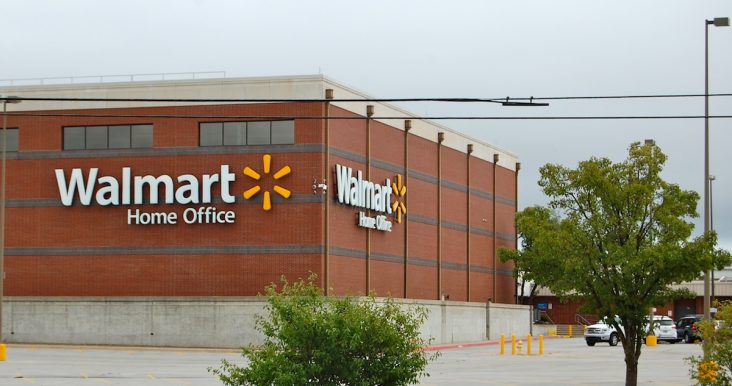Walmart charged by SEC for Foreign Corrupt Practices Act violations, settles for $282 million
by June 20, 2019 3:28 pm 4,685 views

The U.S. Securities and Exchange Commission (SEC) charged Walmart with violations of the Foreign Corrupt Practices Act (FCPA) on Thursday (June 20) for failing to operate sufficient anti-corruption programs for more than a decade as it expanded internationally into Mexico, Brazil, India and China.
Walmart agreed to pay the SEC more than $144 million to settle the charges as well as approximately $138 million to resolve parallel criminal charges in the Brazilian unit brought by the U.S. Department of Justice (DOJ). The total of the two settlements is $282 million.
Walmart set aside $283 million in 2017 to go toward future settlements and said it expects no material impact on earnings, financial position or cash flows.
Thursday’s settlement puts to rest the FCPA investigation, which has languished for more than seven years since Walmart self-reported possible violations.
“We’re pleased to resolve this matter,” Walmart President and CEO Doug McMillon said in a statement. “Walmart is committed to doing business the right way, and that means acting ethically everywhere we operate. We’ve enhanced our policies, procedures and systems and invested tremendous resources globally into ethics and compliance, and now have a strong Global Anti-Corruption Compliance Program. We want to be the most trusted retailer, and a key to this is maintaining our culture of integrity.”
In a new filing with the SEC, Walmart said it agreed to maintain ongoing compliance programs and follow certain reporting and monitoring obligations. The DOJ will not prosecute the company for any misconduct as Walmart agreed to a three-year non-prosecution agreement with the DOJ. Walmart Brazil pleaded guilty to one count of causing a books and record violation of the FCPA and agreed to the fine, according to the filing.
Including the $282 million settlements, Walmart’s price tag for the probe was nearly $1 billion. That included legal fees and beefing up internal audit and compliance programs. Last year, Walmart settled a class action lawsuit for $160 million.
Walmart’s FCPA probe took longer than most because of the scope of the investigation across multiple countries. FCPA expert Mike Kohler, a law professor at Southern Illinois University, previously told Talk Business & Politics the suit was complicated with lots of tentacles. He has been fairly vocal in support of Walmart’s efforts to self-report and then work tirelessly to invest in raising its compliance levels. He said that would likely bode well for them getting a reduced settlement by showing they have safeguarded against future violations.
According to the SEC’s order, Walmart failed to sufficiently investigate or mitigate certain anti-corruption risks and allowed subsidiaries in Brazil, China, India and Mexico to employ third-party intermediaries who made payments to foreign government officials without reasonable assurances that they complied with the FCPA. The SEC’s order details several instances when Walmart planned to implement proper compliance and training only to put those plans on hold or otherwise allow deficient internal accounting controls to persist even in the face of red flags and corruption allegations.
“Walmart valued international growth and cost-cutting over compliance,” said Charles Cain, chief of the SEC enforcement division’s FCPA unit. “The company could have avoided many of these problems, but instead Walmart repeatedly failed to take red flags seriously and delayed the implementation of appropriate internal accounting controls.”
Walmart consented to the SEC’s order finding that it violated the books and records and internal accounting controls provisions of the Securities Exchange Act of 1934. The formal charges by SEC could result in future lawsuits from investors who owned Walmart stock during the impacted period.
Alan Ellstrand, a corporate ethics expert and associate dean at the Sam M. Walton College of Business at the University of Arkansas, said Walmart’s settlement is materially good for the company.
“They no doubt have learned a lot through this lengthy process,” he said. “I think Walmart relied too heavily on people in countries where they were expanding and have since invested heavily to create a more centralized and stronger compliance protocol today. One that can serve them wherever they may choose to operate.”
He said while the price tag of approximately $1 billion over the past seven years is eye-popping, it should be easily absorbed by Walmart given its size. Ellstrand said the probe has likely been a distraction for executives at times and they are no doubt glad to see it settled.
“We can never say never, but I think it’s highly unlikely Walmart will face charges like these again,” he said. “Generally, this company is known to act with integrity and do things in the right manner. Anything less than that is costly to their reputation and who they want to be.”
